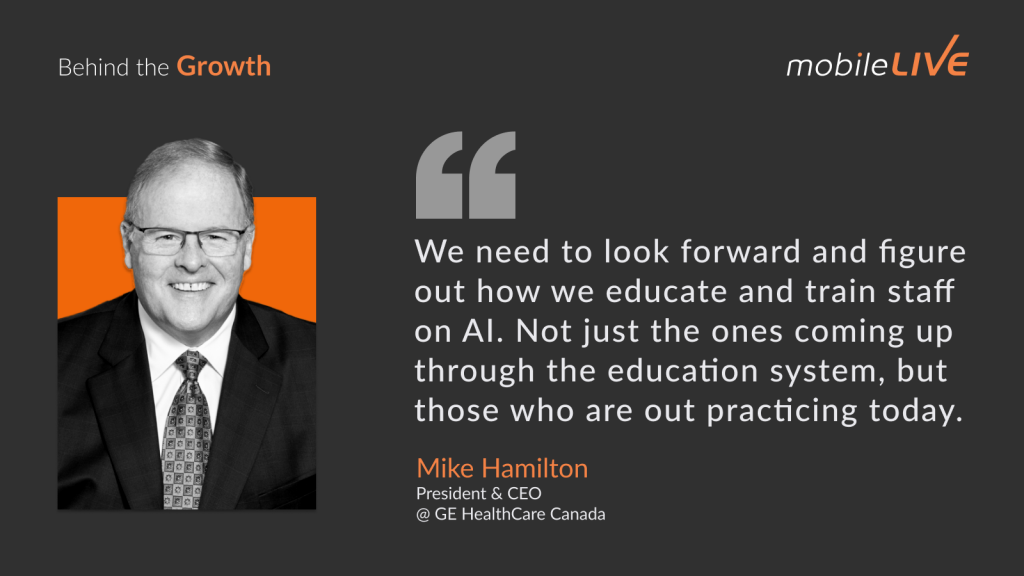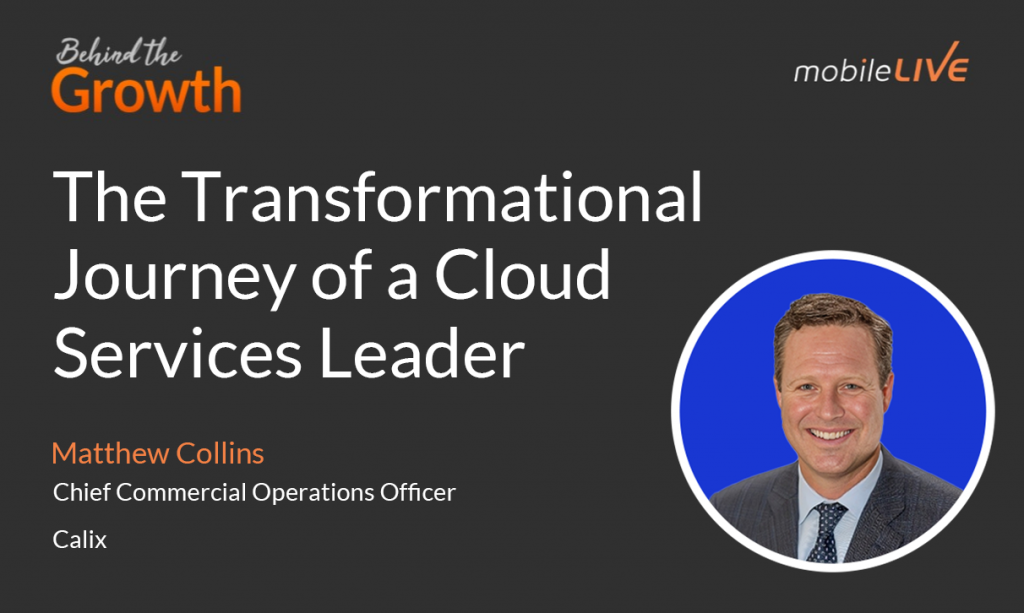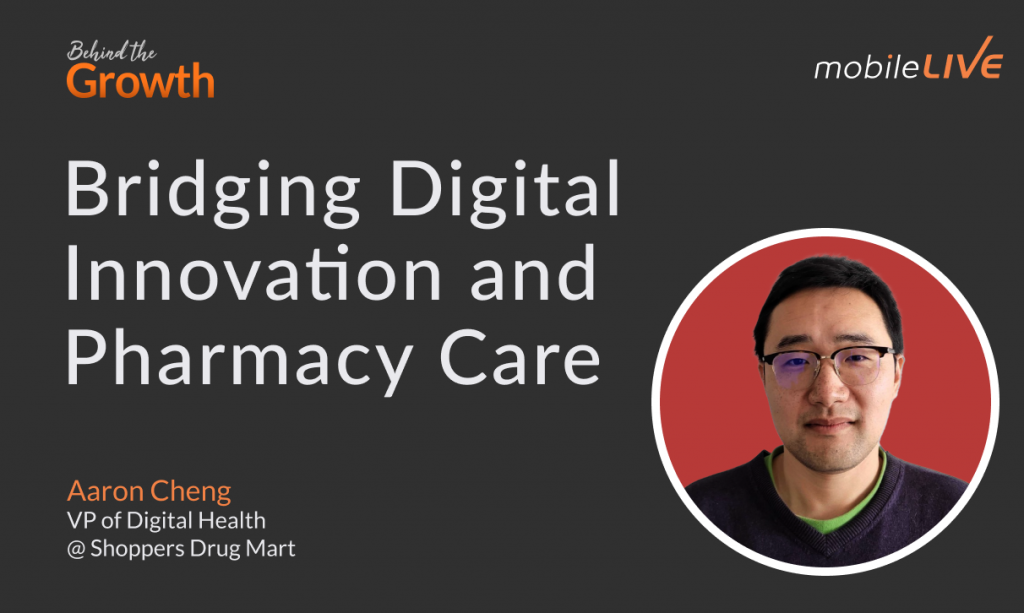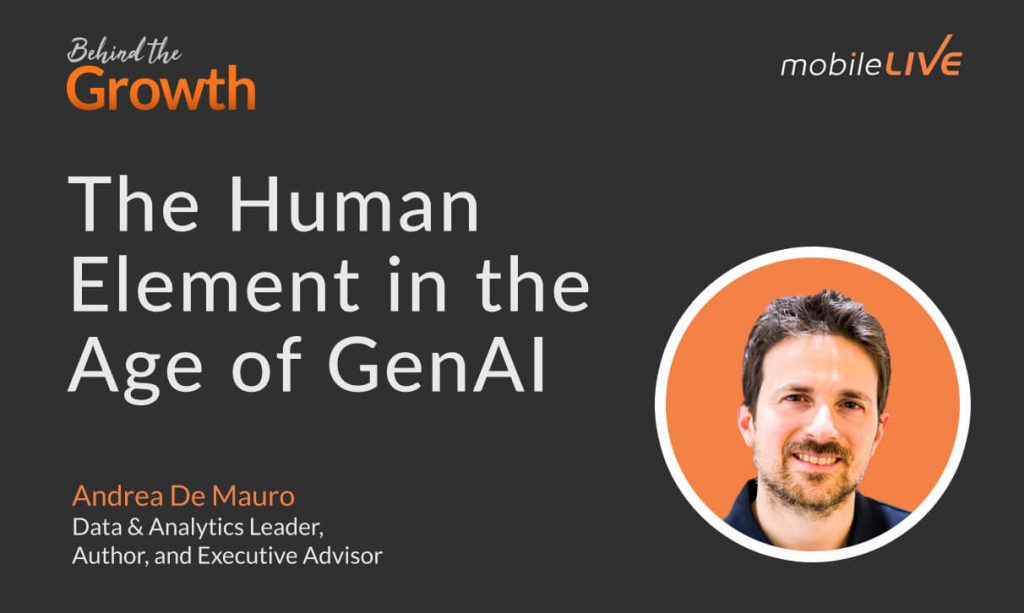Key Insights
Revolutionizing Cardiac Care with AI
GE HealthCare’s AI-powered “True Fidelity” technology is fundamentally transforming the field of cardiac diagnostics by providing clinicians with highly detailed, real-time images of the heart. This advancement significantly enhances the clarity of imaging, enabling more accurate diagnoses of cardiac conditions and ensuring that cardiac structures and abnormalities are clearly visualized. Such improvements not only lead to better patient outcomes through more informed treatment decisions but also represent a major leap forward in personalized healthcare. The adoption of “True Fidelity” technology highlights the crucial role of AI in advancing medical imaging techniques, showcasing how digital innovation can lead to significant enhancements in patient care and treatment methodologies.
Public Support for AI in Healthcare
A poll conducted by Nanos Research revealed strong public support for the integration of AI technologies in the healthcare sector, particularly in radiology. The findings indicate that a substantial majority of Canadians believe AI technology extends the capabilities of healthcare professionals rather than replaces them. This perspective underscores the growing acceptance and optimism surrounding the role of AI in enhancing healthcare services, diagnostic accuracy, and patient outcomes. The public’s favorable view towards AI investments in medical imaging demonstrates a significant shift in how technological advancements are perceived within the healthcare domain, suggesting a readiness among the population to embrace innovative solutions for improving healthcare delivery.
Challenges in Digital Healthcare Transformation
While the integration of AI and digital transformation in healthcare presents significant advancements, it also faces several challenges that hinder its full potential. Mike Hamilton highlights issues such as the reliance on legacy systems, regulatory complexities, and cybersecurity concerns as major obstacles. These challenges underscore the need for a concerted effort to modernize healthcare infrastructure, streamline regulatory processes, and enhance data security measures. Addressing these issues is critical for unlocking the transformative power of digital technologies in healthcare, facilitating a smoother transition towards a more efficient, responsive, and patient-centered healthcare system. Overcoming these hurdles is essential for leveraging digital innovation to improve healthcare outcomes and operational efficiencies.

Episode Highlights
AI’s Role in Enhancing Diagnostic Processes
Mike Hamilton discusses the significant impact of AI on automating and enhancing diagnostic processes in healthcare. He emphasizes AI’s ability to automate low-value tasks, allowing healthcare professionals to focus on more critical aspects of patient care. AI applications in imaging are highlighted for their potential to deliver clearer images for diagnoses, improve patient outcomes, and reduce variability in clinical decisions.
“So using the example of AI in imaging […] enabling those images to be very clear for the radiologist to provide their findings.”
Challenges to Healthcare Digitalization
Mike identifies the primary challenges facing the integration of AI and digital transformation within the healthcare sector, including dependency on outdated systems, regulatory complexities, and cybersecurity vulnerabilities. These obstacles underscore the intricate balance required to advance healthcare technology while ensuring patient data protection and compliance with evolving regulations.
“So for example our healthcare system is still very largely reliant on legacy systems […] and also shortages in the cyber security workforce.”
Advancements in Medical Imaging Technology
The conversation shifts to specific advancements in medical imaging technology, particularly the development of “True Fidelity” and “Air Recon DL” by GE HealthCare. These AI-driven technologies are revolutionizing cardiac care and MRI scans by providing high-quality images that significantly improve diagnostic accuracy and patient experience.
“So our AI-powered technology on our CT devices is called True Fidelity and it’s really revolutionizing cardiac care by providing clinicians with highly detailed real time images of the heart.”
Importance of Collaboration in Healthcare Innovation
Mike stresses the critical importance of collaboration between technology providers and healthcare professionals in achieving the best patient outcomes. He points out that technological innovations must be coupled with clinical expertise to create practical and impactful solutions within healthcare settings. This collaboration fosters continuous improvement and innovation.
“It requires the fusion of clinical expertise with that technology so that we can actually propel an advancement forward […] where we work together to foster continuous improvement and continue to innovate together.”







